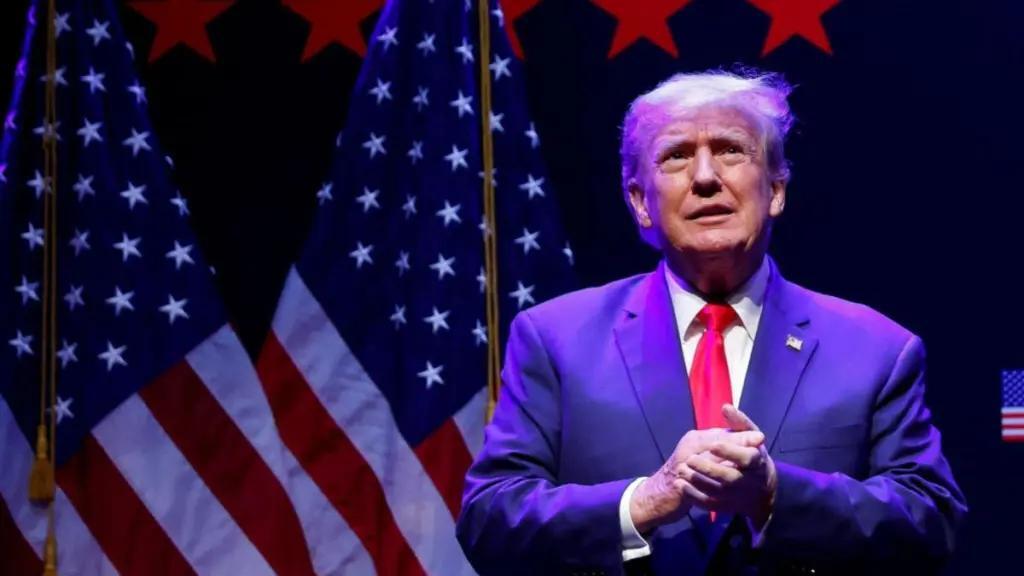
Donald Trump Exempts Smartphones & Computers from Reciprocal Tariffs
In a move that comes as a relief to tech giants and consumers alike, United States President Donald Trump has decided to exclude smartphones, computers, and other electronic items from the reciprocal tariffs imposed on Chinese goods. According to a Customs and Border Patrol notice, the exemption applies to goods that are valued at greater than $800, which includes many high-end smartphones and computers.
This decision is a welcome respite for tech giants such as Apple, who had been warning of potential price increases for their products due to Trump’s tariffs. Many of these companies manufacture their products in China, and the tariffs imposed on Chinese goods could have led to significant price hikes for consumers.
The reciprocal tariffs, which were imposed by Trump earlier this year, are a response to China’s alleged unfair trade practices, including intellectual property theft and forced technology transfer. The 25% tariffs on $250 billion worth of Chinese goods, which went into effect in May, were aimed at putting pressure on China to negotiate a new trade deal.
However, tech companies had been warning that the tariffs would have unintended consequences, including higher prices for consumers and potential job losses. Apple, for example, had estimated that the tariffs could add $1.1 billion to its costs, which it would likely pass on to consumers in the form of higher prices.
The exemption of smartphones, computers, and other electronic items from the reciprocal tariffs is a significant move, as it suggests that Trump is willing to listen to concerns from key industries and take steps to mitigate the impact of his policies.
The decision is likely to be welcomed by consumers, who have been worried about the potential impact of the tariffs on their wallets. With prices for electronics already high, the last thing consumers need is for them to rise even higher.
The exemption is also a recognition that the tech industry plays a critical role in the US economy, and that imposing tariffs on electronic goods could have significant consequences for jobs and economic growth.
The move is also seen as a sign of a potential shift in Trump’s approach to trade, as he begins to recognize the potential costs and consequences of his policies. Earlier this year, Trump’s tariffs had sparked a trade war with China, with both countries imposing tariffs on each other’s goods.
However, in recent weeks, Trump has shown signs of softening his stance, and has begun to engage in diplomatic efforts to resolve the trade dispute. The exemption of smartphones, computers, and other electronic items from the reciprocal tariffs is likely to be seen as a sign of this shift, and could be a precursor to a broader agreement on trade.
In conclusion, the exemption of smartphones, computers, and other electronic items from the reciprocal tariffs is a welcome move that is likely to be welcomed by consumers and tech companies alike. It recognizes the critical role that the tech industry plays in the US economy, and suggests that Trump is willing to listen to concerns and take steps to mitigate the impact of his policies.
As the US and China continue to negotiate a new trade deal, this move could be seen as a sign of a potential shift in Trump’s approach to trade. Whether or not this is a sign of a broader trend remains to be seen, but for now, it is a welcome development that could help to avoid the worst effects of the trade war.






